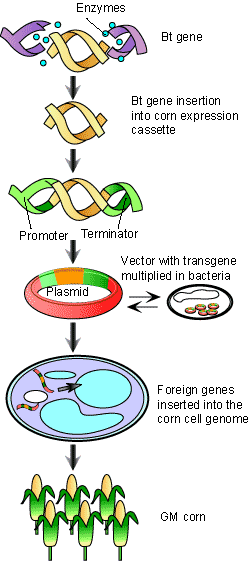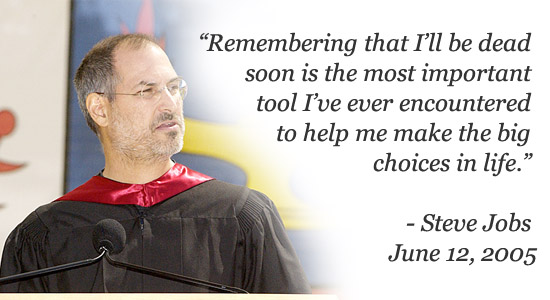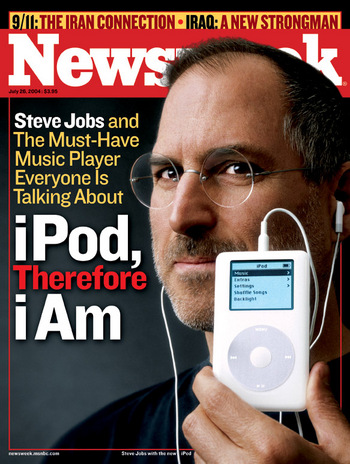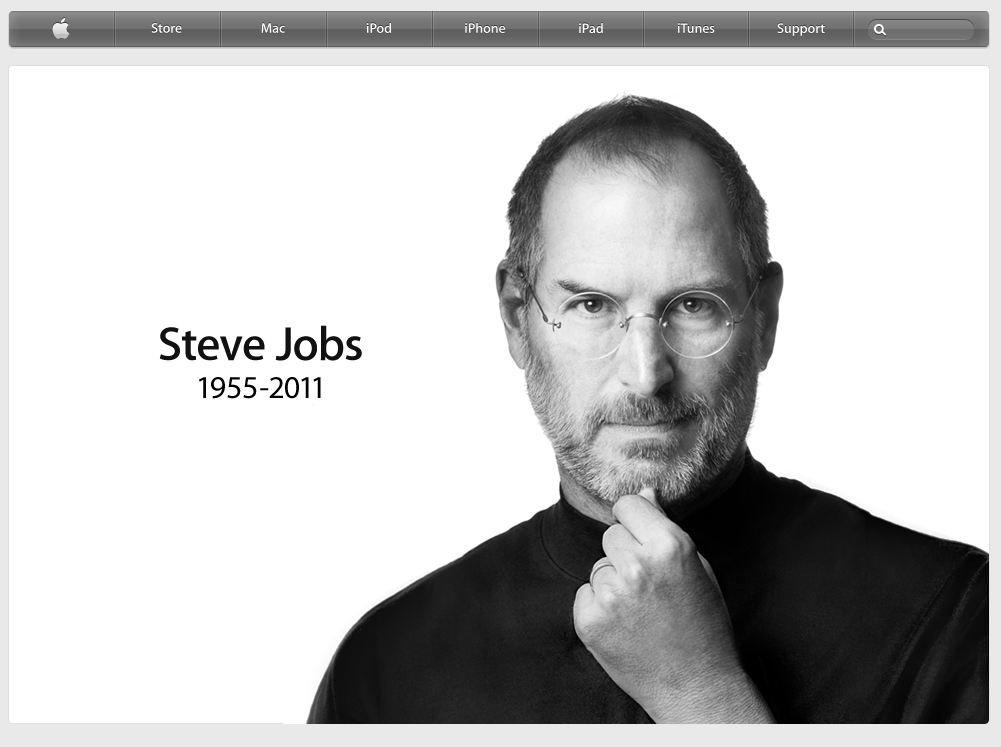
Responding to Cici Chen’s https://blogs.ubc.ca/cicichen/2013/11/14/banana-paper-innovative-but-unpratical/#comment-9blog, “Banana Paper innovative but unpractical,” I have the same concern as her. Let me introduce your banana paper first, “Banana paper is used in two different senses: to refer to a paper made from the bark of the banana plant, mainly used for artistic purposes, or paper made from banana fiber, obtained from an industrialized process, from stems and non-utilizable fruits.” I agree that the idea of having Banana Paper is very creative and one of a kind, yet it doesn’t seem as practical as I had expected. In order to market a product, this product either needs to have unique features or needs to be a necessity in our daily life. It is unfortunate that we don’t get to use Banana Paper in our daily life, since it cannot work as printing paper, sketching paper, and drawing paper. Therefore, I think it will be hard for them to make profit since their paper is not a necessity in our daily life.



